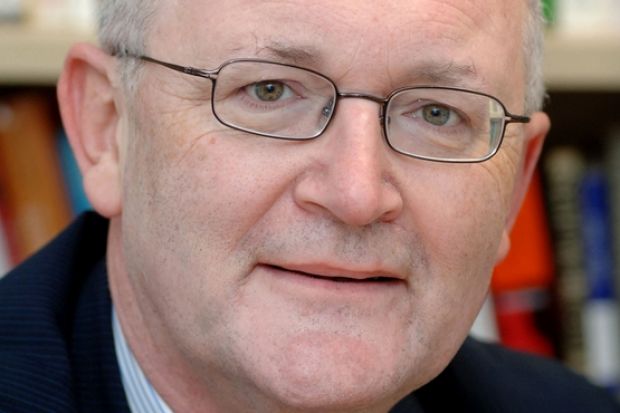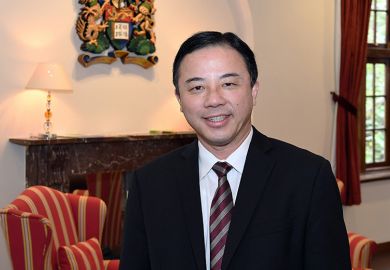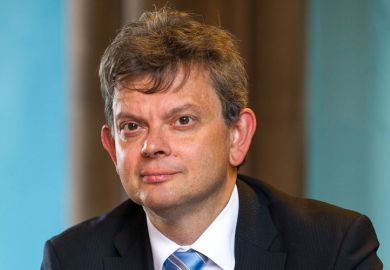The petition on the 38 Degrees website, so far signed by around 350 people, calls the knighthood “an insult to both the staff and students of the university who have been the victims of Thrift’s profit-centric, self-serving governance over the last 8 years”.
Sir Nigel, a vice-chancellor respected by many in the sector who led the Institute for Public Policy Research’s 2013 Commission on the Future of Higher Education, was knighted in the New Year Honours for “services to higher education”.
Warwick experienced a number of controversies in 2014: the suspension and reinstatement of English and comparative literature professor Thomas Docherty, the use of metrics to select academics for redundancy and an incident in which police used CS spray on demonstrators after being called to a student protest on campus.
The petition points out that Professor Thrift is a member of the university’s remuneration committee, which sets his salary. It claims during his time leading the university, staff remuneration “has decreased in real-terms” while his salary had increased per cent.
It adds: “Many staff on campus are employed on a casual, part-time basis with no job security.”
And it continues: “Prof. Thrift does not have the backing of the students nor staff of the University of Warwick and cannot fulfil this fundamental obligation to the members of the university.”
In a statement to the Coventry Telegraph, which reported on the petition, the university strongly denied claims in the petition that he had effectively awarded himself a per cent pay rise.
Sir George Cox, chairman of the university’s remuneration committee, which sets the vice-chancellor’s pay, said: “Under Nigel Thrift’s leadership Warwick has made outstanding progress on delivering its strategy to be a globally-connected university.
“He has been central to Warwick’s successful strategy of seeking, and forming, close and effective international partnerships such as that with Monash in Australia and the CUSP [Centre for Urban Science and Progress] initiative in New York.”
Register to continue
Why register?
- Registration is free and only takes a moment
- Once registered, you can read 3 articles a month
- Sign up for our newsletter
Subscribe
Or subscribe for unlimited access to:
- Unlimited access to news, views, insights & reviews
- Digital editions
- Digital access to THE’s university and college rankings analysis
Already registered or a current subscriber? Login




